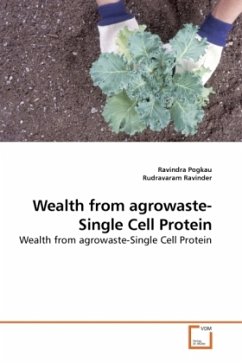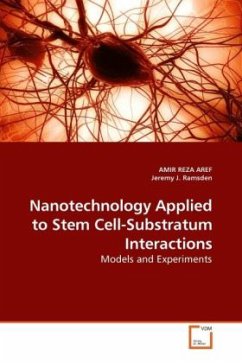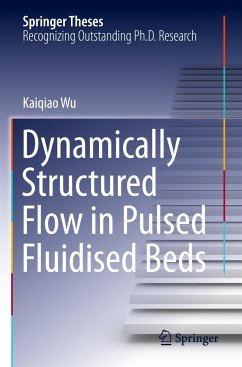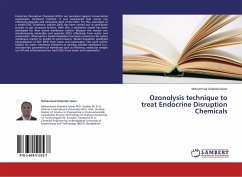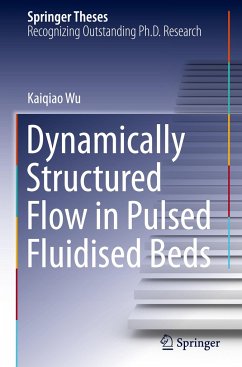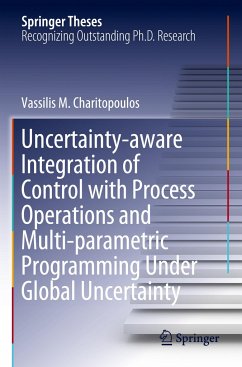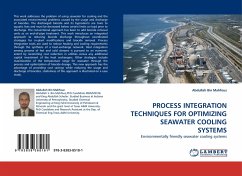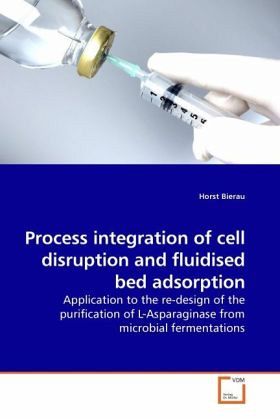
Process integration of cell disruption and fluidised bed adsorption
Application to the re-design of the purification of L-Asparaginase from microbial fermentations
Versandkostenfrei!
Versandfertig in 6-10 Tagen
45,99 €
inkl. MwSt.

PAYBACK Punkte
23 °P sammeln!
The practical feasibility and generic applicability of the direct integration of cell disruption by bead milling with the capture of intracellular products by fluidised bed adsorption is demonstrated. Pilot- scale purification of the enzyme Lasparaginase from unclarified Erwinia chrysanthemi disruptates exploiting this novel approach yielded an interim product which rivalled or bettered that produced by the current commercial process employing discrete operations of alkaline lysis, centrifugal clarification and batch adsorption. The novel process improved yield and product quality, and reduced...
The practical feasibility and generic applicability of the direct integration of cell disruption by bead milling with the capture of intracellular products by fluidised bed adsorption is demonstrated. Pilot- scale purification of the enzyme Lasparaginase from unclarified Erwinia chrysanthemi disruptates exploiting this novel approach yielded an interim product which rivalled or bettered that produced by the current commercial process employing discrete operations of alkaline lysis, centrifugal clarification and batch adsorption. The novel process improved yield and product quality, and reduced the process time during primary stages of purification. The performances of cation exchange adsorbents were characterised regarding product capacity and adsorption/desorption kinetics and are discussed with respect to the design of adsorbents for specific applications. It was further demonstrated herein, that immediate disruptate exposure to a fluidised bed adsorbent promoted concomitant reduction of product in the liquid phase, which clearly counter-acted the product-debris interactions to the benefit of overall product yield.



